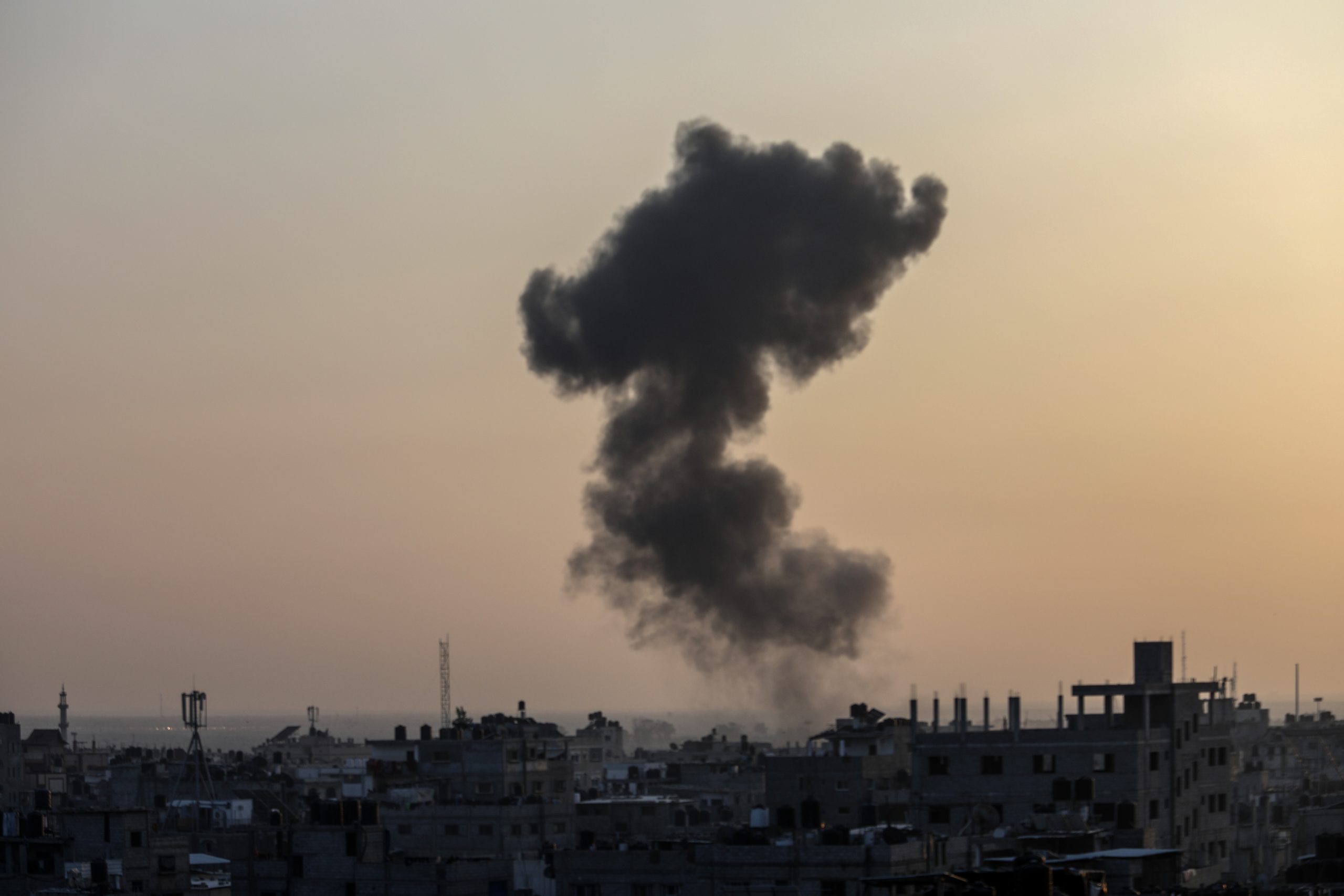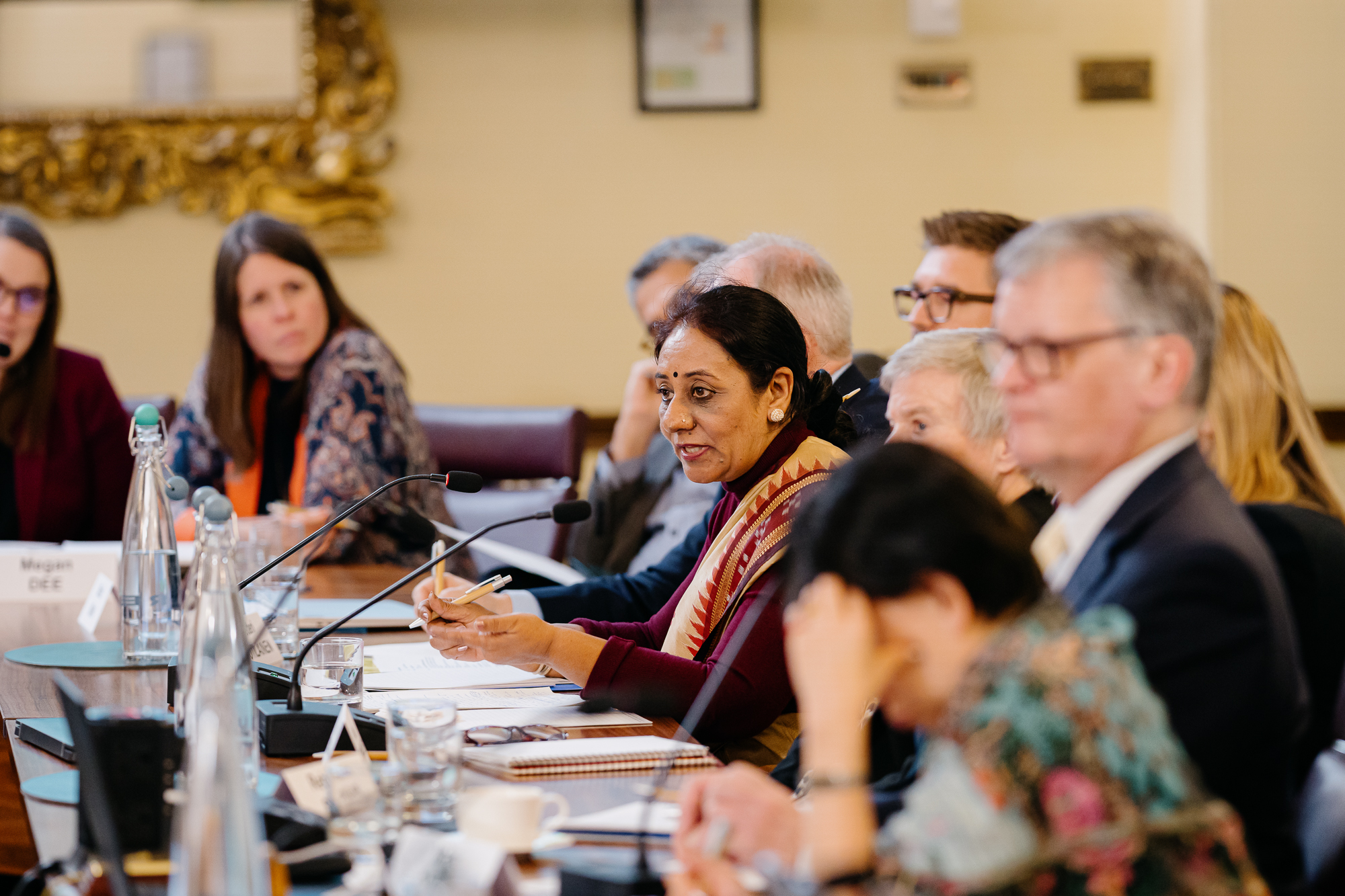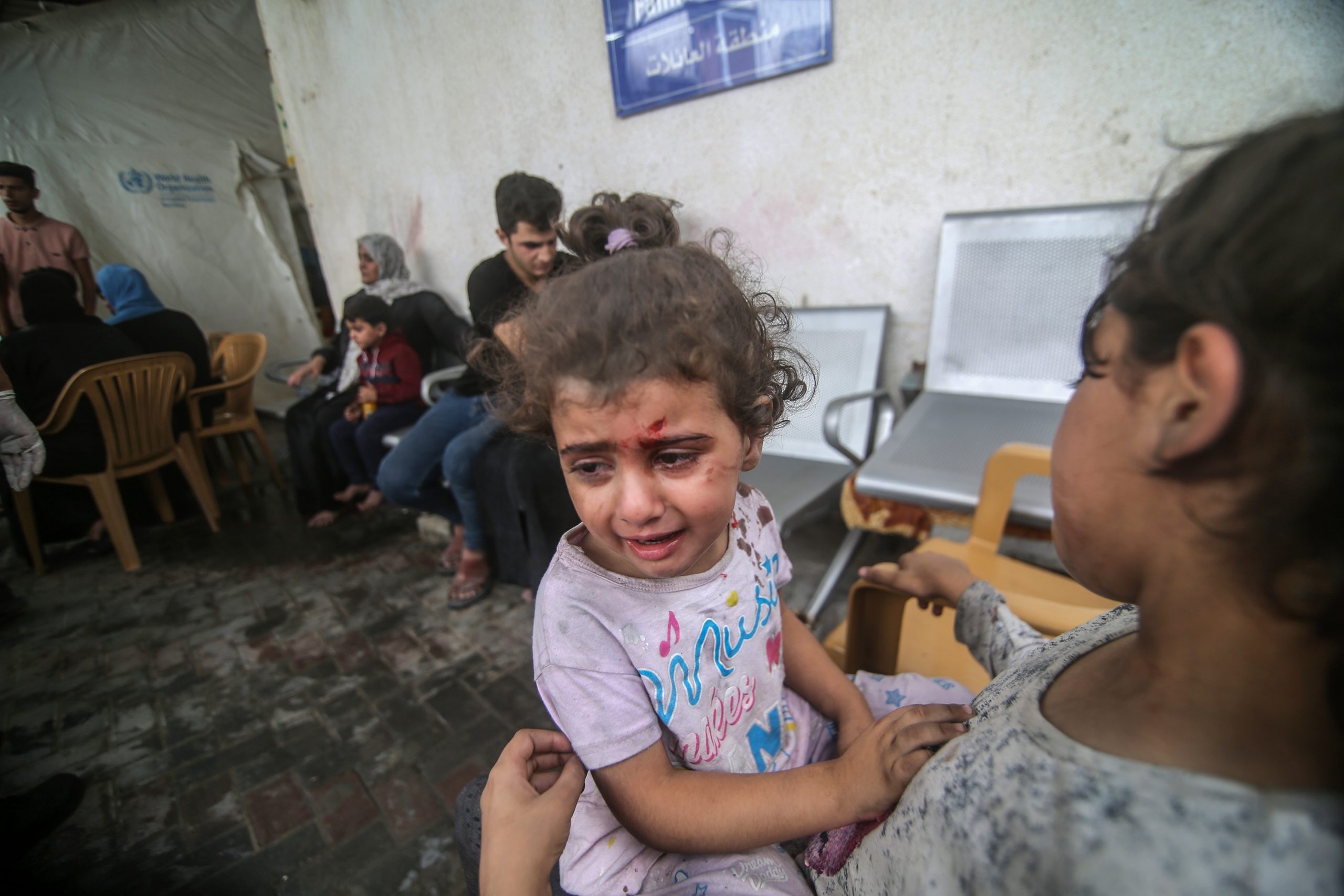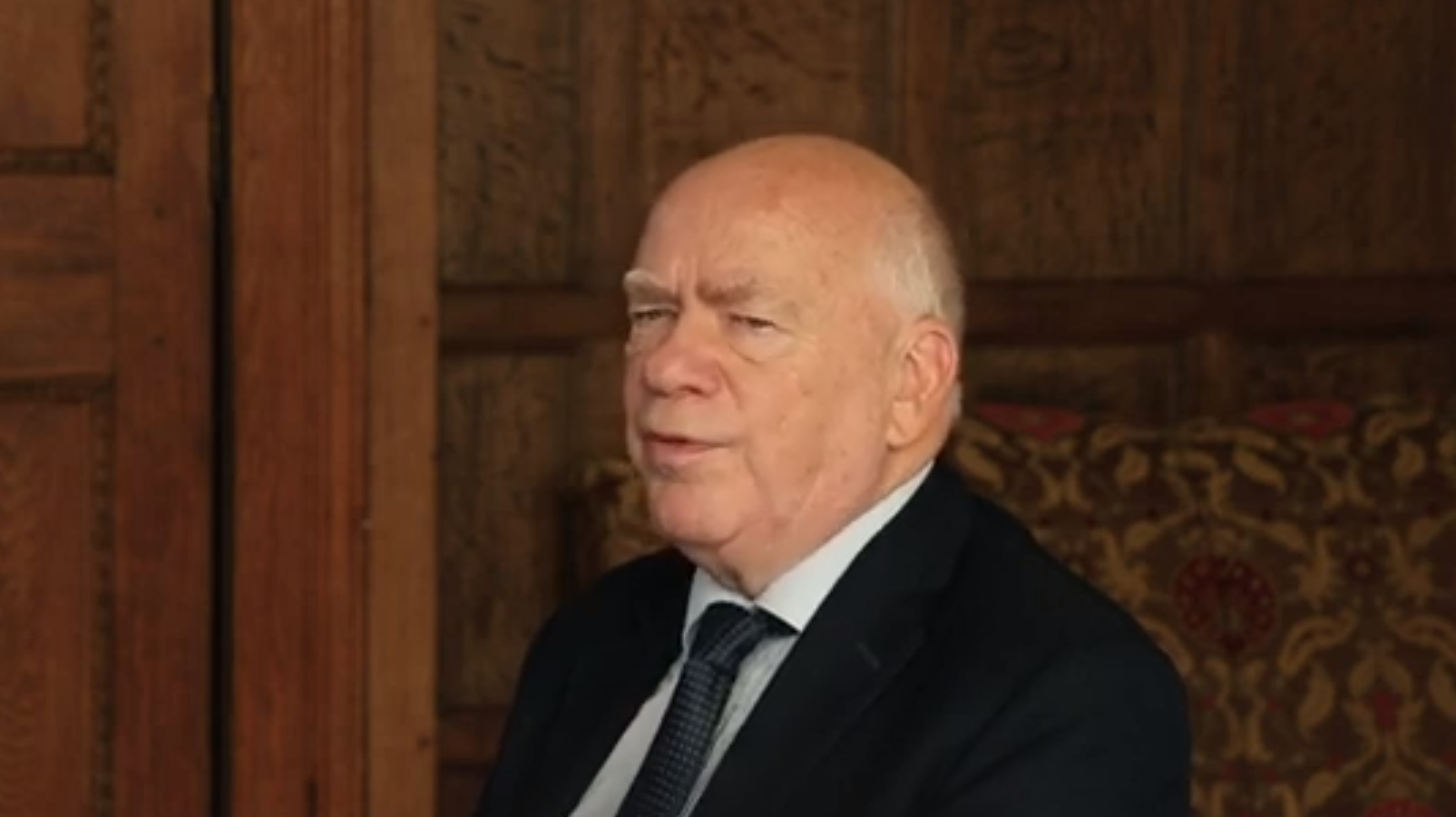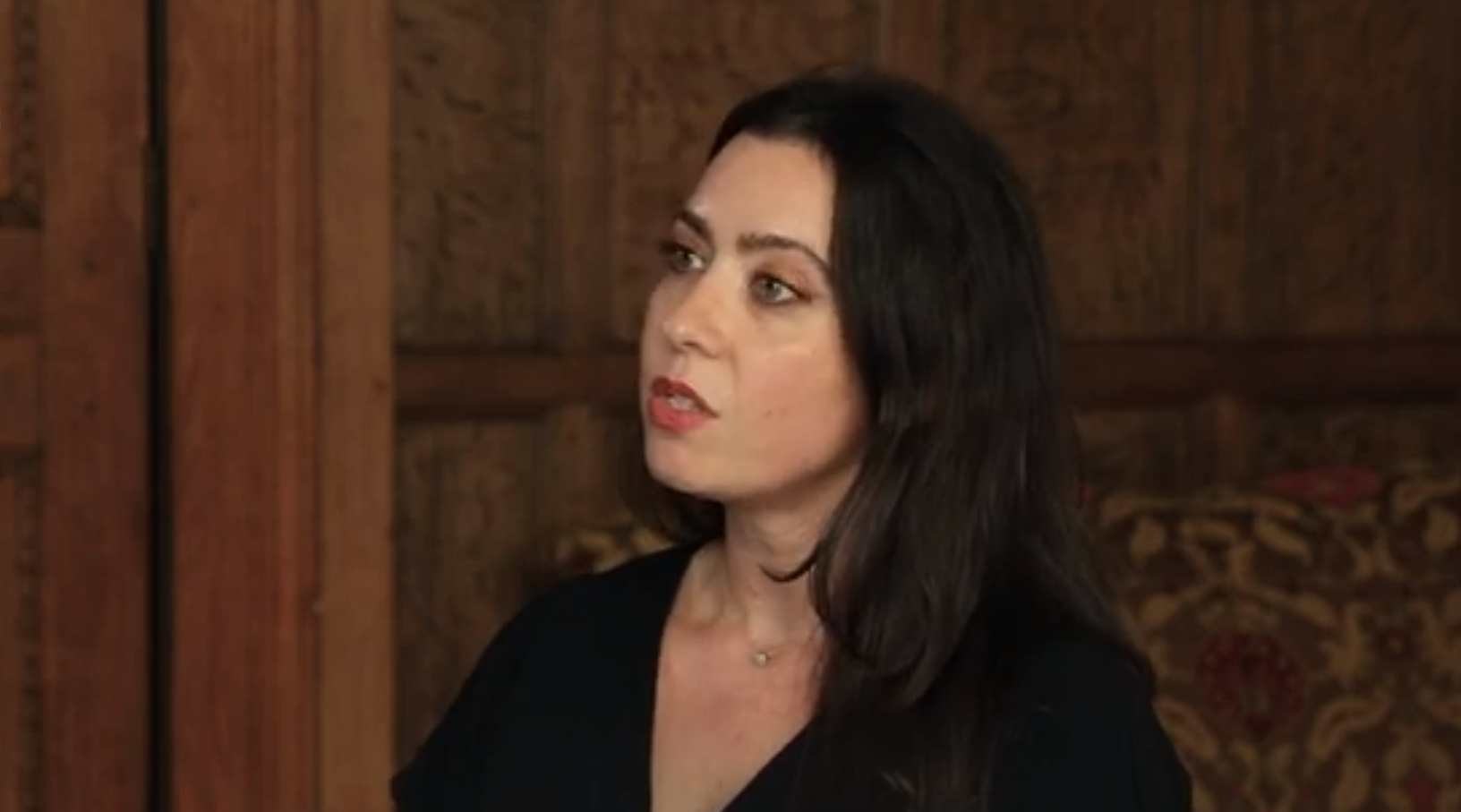Russia’s annexation of Crimea and its military intervention in Eastern Ukraine, together with its insistence on the right to take action on behalf of Russian speaking populations outside its own borders, have dramatically changed the political and security environment in Europe. NATO and its member states have already responded in significant ways to this aggressive Russian strategic posture through the decisions taken at the 2014 Summit in Wales and their continuing implementation.
While the Wales Summit declaration strongly condemned Russian aggression in Ukraine, there remains significant debate among NATO member states and within the expert community over the extent of Moscow’s geopolitical objectives, its hybrid conflict strategy, and military capabilities. There are similar divergences over how NATO and its members should respond to the new security challenges emanating from Russia.
In the run up to the July 2016 Warsaw Summit, NATO needs to determine how to transition from the immediate reactions and responses agreed in Wales to shaping and sustaining a longer term comprehensive strategy towards Russia, encompassing deterrence, defence and political engagement. This meeting assessed:
- Russian objectives, strategy and capabilities and help gain a more complete and deeper understanding of the challenges NATO is confronting in Europe;
- the longer term political, programmatic and operational adaptations NATO may need to make in order to meet these challenges;
- how to achieve greater political agreement and unity of effort and purpose within the Alliance on meeting the new challenges from Russia.








